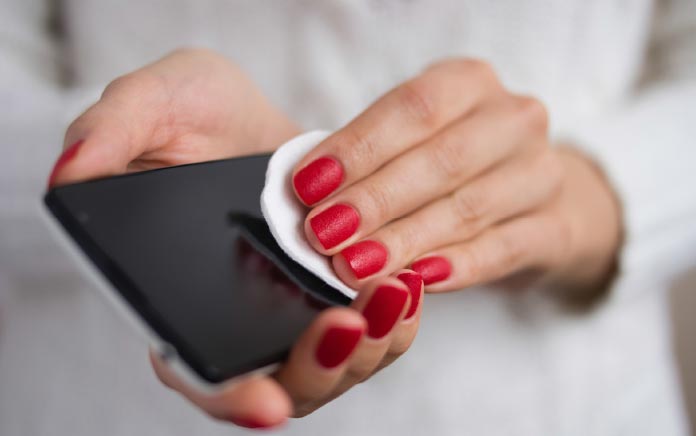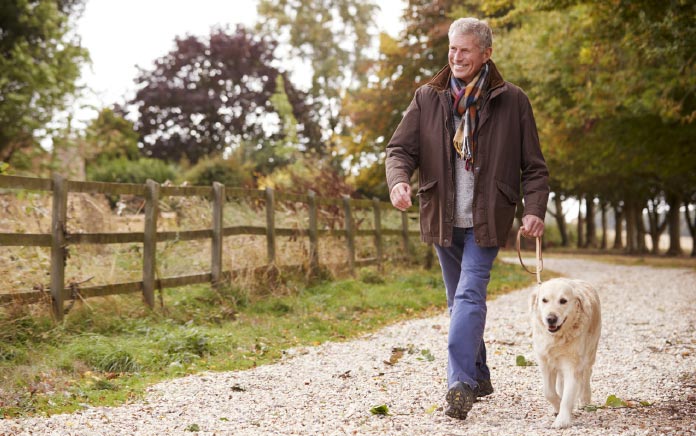NEW HOPE
Hair loss due to cancer treatment can cause great distress, especially when taxanes are needed, which can cause permanent hair loss. Recent laboratory research has proposed a way that could prevent this. The research team at the University of Manchester, UK, found that CDK4/6 inhibitors, a class of drug that halts cell division, can prevent the damage that taxanes inflict in the hair follicle. They hope the findings will spur the development of skin medicines which can reduce hair loss.
www.medicalnewstoday.com
 DON’T GO NUTS
DON’T GO NUTS
An expert advisory panel with the USA Food and Drug Administration voted for the approval of a new treatment option for children with peanut allergies. Palforzia would be the first drug approved to prevent, or at least mitigate, life-threatening peanut allergies in children. It involves taking daily capsules that contain small amounts of peanut flour, the dose of which is slowly increased to help children build up a tolerance to peanut allergens. After about six months, most children will be desensitised to small amounts of peanut protein and should be able to safely consume a small amount.
www.healthline.com
 A SMART MOVE
A SMART MOVE
In your daily chores, cleaning your smartphone may not be on the list. But a dirty smartphone could be making you sick. Studies show that the average person clicks, taps and swipes more than 2,600 times a day over 75 separate sessions, including in unclean places like the toilet. That makes your phone, a device that touches your ears, lips and the side of your face, a hotspot for germs. The best way to keep your smartphone clean is to wipe it (and its case) with rubbing alcohol.
www.medicinenet.com
 POWER SNOOZE
POWER SNOOZE
A new study has found that a daytime nap taken once or twice a week could lower the risk of heart attacks or strokes. Researchers from the University Hospital of Lausanne, Switzerland, studied the association between napping frequency and duration and the risk of fatal and non-fatal cardiovascular disease complications. Tracking 3,462 people between the ages of 35 and 75 for just over five years, the report authors found that those who indulged in occasional napping, for between five minutes to an hour, were 48 per cent less likely to suffer a heart attack, stroke or heart failure than those who did not nap at all.
www.cnn.com
 DUAL ACTION
DUAL ACTION
Terazosin, a drug used to ease benign prostatic hyperplasia (BPH) in men, has been found to have a beneficial action on brain cells damaged by Parkinson’s, a progressive brain condition for which there is currently no cure. Researchers believe the drug might slow progression of the disease. They studied thousands of patients with both BPH and Parkinson’s to find that the alpha-blocker drug protects brain cells from destruction. Terazosin may help by activating an enzyme called PGK1 to prevent brain cell death, say the researchers from the University of Iowa and the Beijing Institute for Brain Disorders, China. www.bbc.com





































